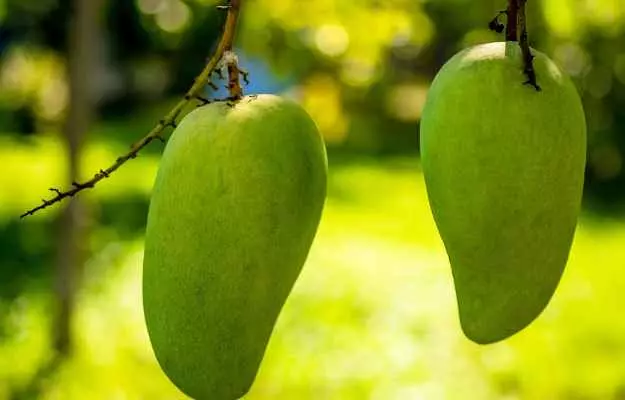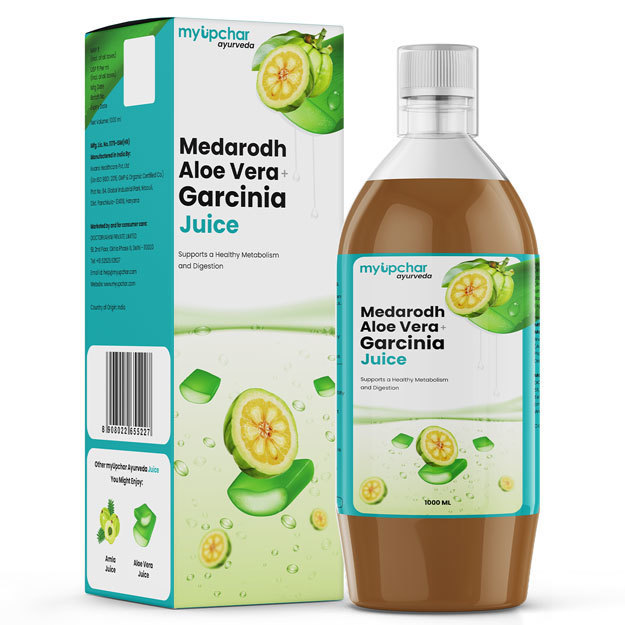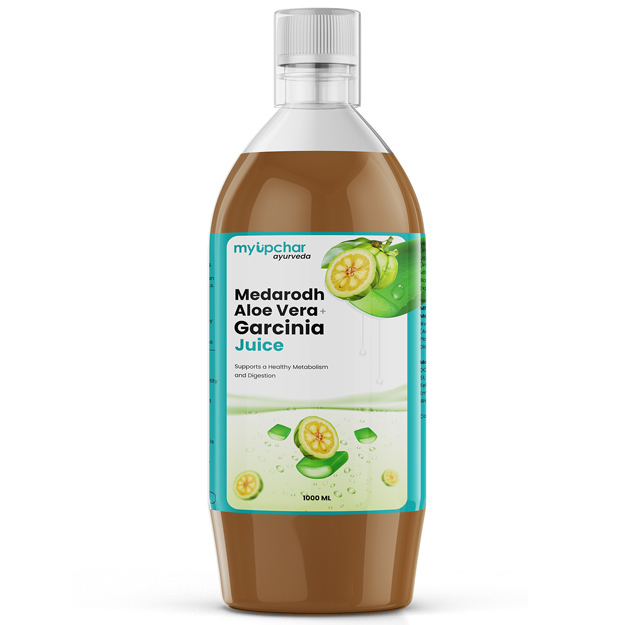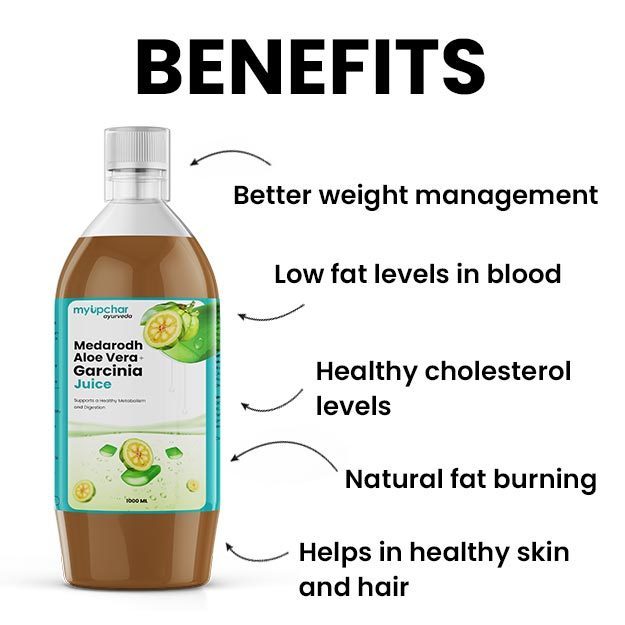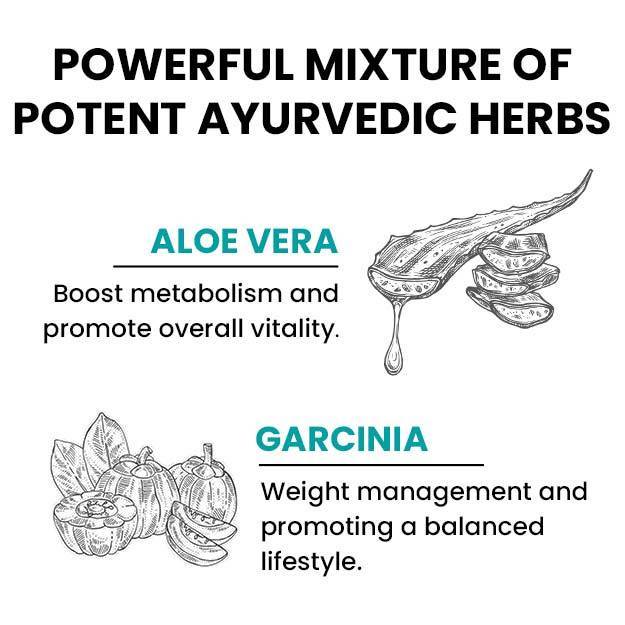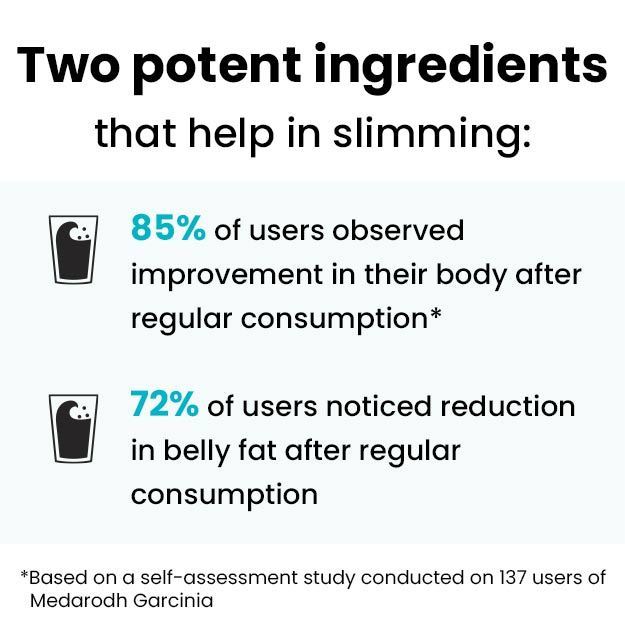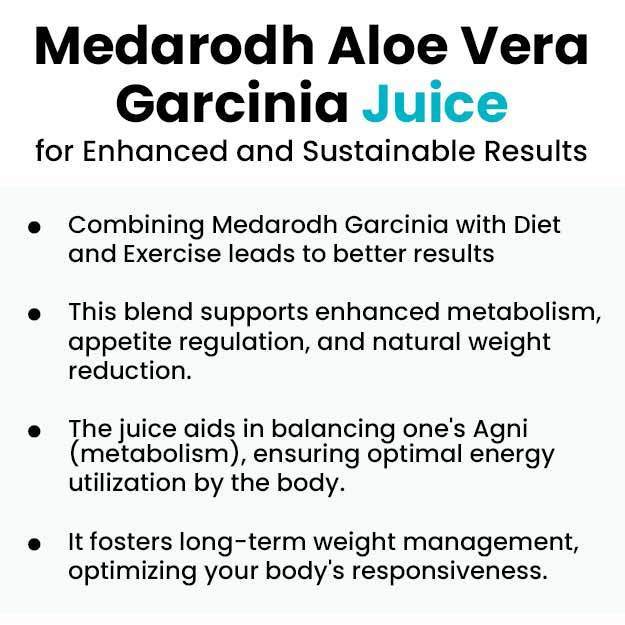Mango is one of the most nutritionally rich fruits grown in the sub-Himalayan plains of the Indian subcontinent. It has a unique flavour, fragrance, and taste which is loved by almost every Indian across generations. Who doesn’t like to have a mango or mango juice in the Indian season of summer? In fact, mango is also called as ‘food of the Gods’ because of its heavenly taste. They have been cultivated since time immemorial. Mythology also says that the famous poet, Kalidasa, sang in praise of mangoes. Also, it is believed that the great Mughal ruler, Akbar, had planted more than 1,00,000 mango trees in a place called Darbhanga, which is modern Bihar.
But, mango has much more to offer than its juicy deliciousness. Mango fruit is rich in vitamins, poly-phenolic flavonoid antioxidants, prebiotic dietary fibres, and minerals. It contains loads of vitamins like Vitamin A, C, and D in it which are very beneficial for improving the overall health of the body. They can be consumed as a fruit or as juices and shakes while you reap its health-promoting qualities. It was probably these double benefits that have made mango the "King of fruits".
Mango is mostly grown in the tropical countries but India is the largest producer of mangoes in the world. And why not? Mango is the national fruit of India. It is cultivated in almost all parts of India except for the hilly areas. You might be curious to know that there are more than a hundred varieties of mangoes in India. They come in different shapes, sizes and colours. Some of the famous varities of Indian magoes include Langra, Banganapalli, Chausa, Tota, Safeda, Alphonso mangoes etc.
Mango is usually oval in shape with a creamy and fleshy pulp. Botanists describe it as a drupe or stone fruit, which has a typical outer fleshy part surrounding a shell (pit or stone) with a seed enclosed within. People often describe it’s flavour to be a cross between a peach and a pineapple.
The mango tree is a large evergreen (doesn't need replanting every year) that grows almost exclusively in the tropical and subtropical regions. Mangoes can differ in skin colour — from green to red or yellow to orange — but the inner juicy flesh of the mango is typically golden yellow. The outer skin is smooth and green in an unripe mango, but depending on the cultivar, it turns golden yellow, yellow, crimson red, or orange-red in ripe fruits. They are generally harvested between February and August. Ripe mangoes are usually sweet, but a few of them may retain a sour taste in spite of being ripe.
Mango is consumed fresh or is processed for chutney, dried products, puree, pickles, curries, nectar, and canned or frozen slices that are popular across the globe. We can make aam panna from raw mangoes and mango milkshake, mango juice or aamras from ripe mangoes. Mango kulfi, sorbets and ice-creams can also be made with the pulp of a ripe mango. How can we forget the yummy jams! Kids love them.
Raw mangoes or unripe mangoes can be eaten with salt and chilli powder.
Did you know?
A fully ripe mango symbolises prosperity. India’s gift to the world is mangoes indeed!
Some basic facts about Mango:
- Botanical name: Mangifera indica
- Family: Anacardiaceae.
- Common name: Mango, Aam
- Sanskrit name: Amram
- Parts used: The mango leaves are very useful for treating diabetes and it is used to tie in front of the doors in every house on auspicious occasions or festival days. Mango seeds are used for making oil. Mango fruit is loved by one and all.
- Native and Geographic distribution: Mango is native to South Asia. It has been cultivated, praised and looked up to in its homeland since ancient times. It is said that the Persians carried it to East Africa in the 10th century A.D. In 1833, seedling mango plants were shipped by Dr. Henry Perrine from Yucatan to Cape Sable but did not survive after he was killed by Indians. Mango seeds were imported from the West Indies into Miami by a Dr. Fletcher in 1862 or 1863. It is believed that Buddhist monks took the mango on voyages to Malaya and Eastern Asia in the 4th and 5th Centuries B.C. It reached Jamaica in about 1782, and in the early 19th century it reached Mexico from the Philippines and the West Indies.
- Fun facts: 1. Giving someone a basket of mangoes is considered a gesture of friendship.
2. Mango leaves are often used at weddings to make sure that the newly wedded couple bear many children.

